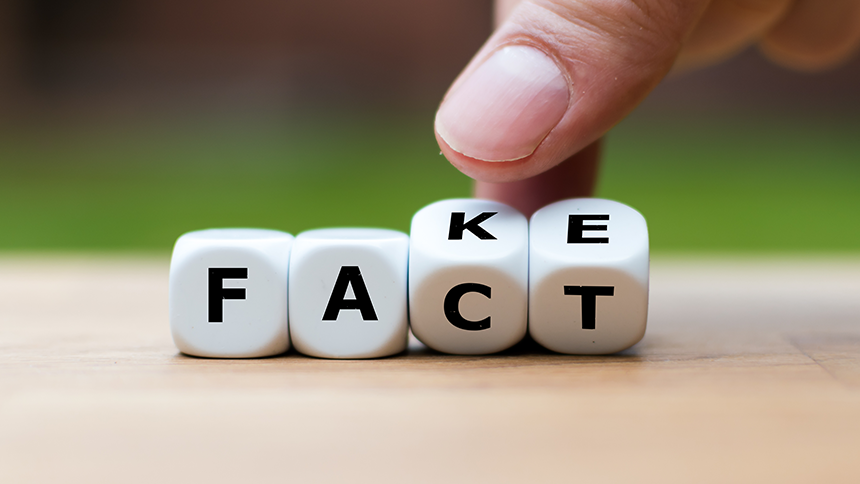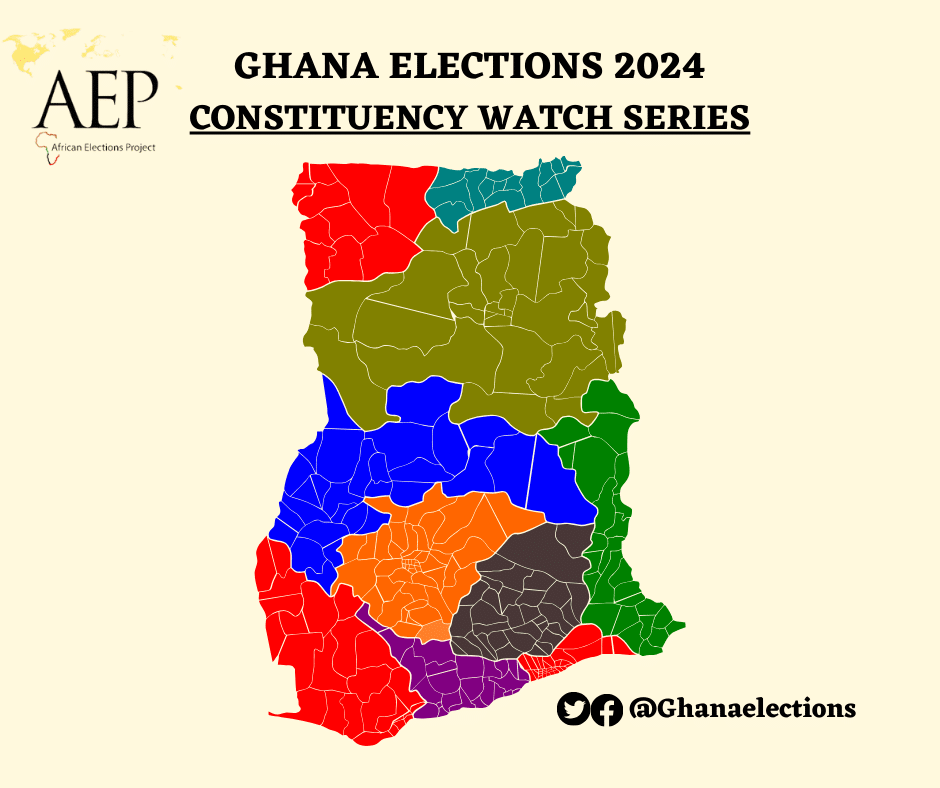By Joyce Hilda Efia Aboagye
The Universal Declaration on Human Rights, Article 19 stipulates that everyone has the right to freedom of opinion and expression; this right includes freedom to hold opinions without interference and to seek, receive and impart information and ideas through any media and regardless of frontiers. Similarly, Article 162 of Chapter 12 of the 1992 Constitution of Ghana talks about the freedom of the press to operate without any impediment.
This is in recognition of the fact that freedom of expression is fundamental for peaceful and stable societies, which thrive on democracy.
Today, if there is any law that is being applied and misapplied by journalists and many citizens alike, then, it is the freedom of expression. This is partly due to the pluralistic nature of the media landscape and particularly due to the ever-increasing social media platforms where the gatekeeping role of users is almost non-existent, thus, making room for another pandemic called Fake News.
Fake News and Right to Freedom of Expression
In times of crisis such as the covid-19 pandemic, which has hit the world at large, information is a matter of life or death as people depend on it to take decisions and make choices.
However, the increased anxiety to understand the phenomenon, avoid contracting the virus, coupled with the fear of losing one’s life and that of a loved one to COVID-19 has left many with little or no choice than to accept every information they come across as true without recourse to verifying the said information.
This situation has given room for conspiracy theories, where the virus in some cases is seen to be a spiritual curse, COVID-19 vaccines is believed to be evil and said to make people lose their manhood and become impotent, hence, many people especially men have refused to get vaccinated.
Fake news is defined as false or fabricated information that mimics news content with no verifiable facts, sources or quotes. Fake news comes in two major forms; Misinformation (false, inaccurate information mistakenly created or spread with the intent to deceive) and disinformation (false or inaccurate information especially that which is deliberately intended to deceive).
The year 2020 witnessed anxiety, fear and people needed true information to live and not fake news but unfortunately, we witnessed a pandemic of fake news, which was described under UNESCO’s 2020 Global Media and Information Literacy Week Celebration as Disinfodemic (a pandemic of disinformation), thus, the novelty of COVID-19 pandemic gave room for more fake news.
Although, fake news is increasingly becoming a menace in our societies and have probable tendencies to destroy democratic processes, its perpetrators are in most cases going unpunished partly due to lack of enforcement of laws that clump down on it. Also, it is believed that some people are hiding behind the protection of laws such as the Article 19 of the Universal Declaration on Human Rights of which Ghana is a signatory and Chapter 12 of the 1992 Constitution of Ghana to say, write and share fake news especially on social media.
The sad twist to this is that some of our traditional media, which are supposed to maintain high standards of professionalism by excising their gatekeeping role of fact-checking news stories and their sources have also jumped onto this bandwagon. All in the quest to being the first to break the news, some even go to the extent of publishing stories they see on social media platforms without any form of verification.
Yes, it is true that we have the right to freedom of expression and the right to share and receive information but are these laws absolute?
According to a Lawyer and a Senior Media Law lecturer at the Ghana Institute of Journalism (GIJ), Zakaria Tanko Musah, the right to freedom of expression is not absolute but qualified. What this means is that the Constitution also requires that we exercise this right responsibly. Law makers were not oblivious of the fact that in excising our right to freedom of expression, one may infringe on other people’s privacy, which is a criminal offense and punishable by law, for this reason, the constitution also requires citizens to exercise this right responsibly.
“People cannot hide behind their right to freedom of expression and be churning out information that has the tendency to lead to disorder and chaos or any situation which is not in the public interest,” he said.
Citing some existing laws that frown the dissemination of misinformation and disinformation, Lawyer Tanko indicated that in Ghana, there are laws such as Acts of Parliament and the Criminal Offenses Act. One of such laws he explained is Session 76 of the Electronic Communications Act, which makes it clear that publishing false information that has the tendency to promote fear and panic is tantamount to committing a criminal offense.
The Criminal and Other Offences Act also stipulates that if anyone publishes information that promotes fear and panic, it is a criminal offence.
According to the legal practitioner, there is also a Case Law that also frowns on the publication of false information. However, the difficulty with enforcing these laws when it comes the media is that by and large, the framework of multiparty democracy and good governance requires a media that is allowed to as much as possible operate freely and independently. So, any attempt to use a subsidiary law such as Acts of Parliament to override the constitutional provision of freedom of expression is not usually attractive to the international community.
So, even though there are existing laws that could be enforced to control the spread of fake news, when these laws have to come face-to-face with the media, enforcers are very cautious because it is a ‘double edged sword’.
Lawyer Tanko explained that in applying these legal provisions to sanitize and ensure responsibility in the excise of the freedom and independence of the media, if is not done carefully, it would be seen as interfering with the work of the media, and promoting a culture of silence, which can affect a country’s ranking on the media freedom.
“But you can’t also allow business as usual, and an open for all situation, where the media would also be hiding behind those laws to operate irresponsibly so, there has to be a balance and this can be achieved by using the ‘Harms Test’,” he intimated.
The Harms Test is where a piece of publication is subjected to a test to ascertain if it has been published in good faith, in the public interest, and even if one decides to act against it, the action should be reasonable, fair and just and to achieve a legitimate aim. Also, in achieving a legitimate aim, the action should not be disproportionate, thus, it should not cause harm to anyone.
This, Lawyer Tanko suggests should be the framework within which we look at the concept of media freedoms.
When asked if we must always speak because we have the freedom to, the Media Law lecturer said it is through speaking that we can hold each other accountable, it is through speech that we can empower ourselves and ensure that our resources are being used judiciously, so he would always encourage people to speak up their minds without any hindrance but he was quick to add that it should be done responsibly. “If you are not actively contentious of your responsibility, your choice of words could lead to a lot of problems,” he said.
Sharing his thoughts on whether or not one should be taken to court for disseminating fake news on social media, Lawyer Tanko explained that provided enforcers are not taking the laws into their own hands, anyone who flouts the law could be taken to court and given a reasonable opportunity to defend him or herself. He was, however, of the opinion that because the right to freedom of speech is a fundamental human right, whenever it is being invoked, we need to be considerate and ensure that whatever decision we take is not disproportionate to the harm that the individual has already done.
He further explained that if at all we can, we should avoid using the law to settle the issue of media freedom and independence but if at all cost we should go to court to ensure that there is sanity in the system and people are acting responsibly, we have to ensure that the objective is legitimate.
“We should not just take people to court to achieve any objective that is not in contemplation of the law, in other words, it should not be for any political expediency but for the purpose of inuring to the benefit of the general public,” he cautioned.
Why do people churn out Fake News?
In Ghana, it is common to see fake news on the death of popular politicians, actors and celebrities in general by individuals or media platforms in order to set a political agenda. It is also important to note that fake news distribution is now being amplified by social bots, that is, internet robots that power automated social media accounts by impersonating humans. According to Desai et al., (2021) there are many reasons why people churn out fake news for commercial interest. Sometimes, people use misleading captions and images that attract readers to click and read their stories in order to for them to make money. In their quest to make a point or entertain people, satirists may also employ the use of fake news.
For media platforms, it has been observed that the quest to break the news first following the pressure that comes with the 24-hour cycle of news gathering in some cases by poorly trained journalists lead to inaccurate reportage contrary to acceptable journalistic ethics. Fake news may also be used by politicians and people who engage in partisan politics to pursue their political ideologies.
Besides these reasons, Lawyer Tanko believes that there is also the category of persons who are aware of the existence of the right to freedom of speech and may hide behind the law to churn out fake news and on the other hand, is the category of persons who are not aware of this legal provision but churn out fake news regardless. Thus, everyone is susceptible to disseminating fake news, especially as it has become a common practice to forward every information that we get via WhatsApp, Facebook, Twitter and the like, sometimes without carefully reading the content. “Whatever you do, you should be ready to face the consequences of your actions and inaction,” he said.
MIL SKILLS EVERYONE SHOULD KNOW
If we are to face the law irrespective of whether or not, we are aware and understand the laws that govern the dissemination of fake news, then, we need to be critical about the information we create, consume and share. This is where Media and Information Literacy (MIL) becomes vital. MIL consists of the knowledge, attitudes and the sum of skills needed to know when and what information is needed, when and how to obtain that information, how to critically evaluate and use it in an ethical way. It encompasses all sources of information; oral, print and digital and in an ever-growing digital age, it is a fundamental human right that promotes social inclusion.
According to Mr. Stephen Tindi, an MIL Expert who is also an MIL lecturer at GIJ, the lack of MIL competencies and skills has also led to the explosion of fake news. “Curbing fake news is everyone’s personal responsibility,” he said.
According to Mr. Tindi, citizens can guard against fake news by checking the source of whatever information they receive, especially news content and always relying on legacy media platforms that are known for disseminating reliable news and are truthful.
He also cautioned media users to beware of cloned news websites. For instance, CNN.com which is a reliable news site could be cloned as CNNN.com to disseminate fake news. If one doubts truthfulness of a story, it should not be shared. This is because being the first to share does not serve any good unless it is for the greater public interest.
Other ways of also guarding against fake news is by checking one’s biases as we often tend to share stories that confirm a point of view we already have and end up doing the biding of the source’s agenda to disinform. Thus, one should make a conscious effort to follow other news sources for divergent opinions.
Verification of information is another crucial precaution a media user is expected to do. This can be done by cross-checking information with other credible news sources and fact-checking platforms like Dubawa, and Fact Check Ghana. Mr. Tindi also urged citizens to analyze and evaluate every content that they receive and also name and shame platforms that churn out fake news, this, he believes will serve as deterrent to others.
The MIL Expert explained that once we are guided by these steps, we will be contributing to the fight against fake news. He added that, although we have the right to speak, we should not, if we do not have credible facts.
“We are all not at the same level of understanding and competencies to detect fake news, and it worrying how people fall for conspiracies on possible cures of COVID-19,” he lamented.
He, therefore, called for more media awareness for citizens at all levels indicating that the COVID-19 pandemic has brought to bear the inequalities that exist in our societies.
CONCLUSION
Although, in Ghana organizations like Penplusbytes a not-for-profit tech-driven organization focusing on among other things, new media and innovations has made some strides in promoting MIL in partnership with DW Akademie and other stakeholders in the media landscape, the incidence of fake news continues to rise. This, is a worrying trend that tends to mislead states, governments and individuals in taking wrong decisions that affect livelihoods. Hence, the urgent need for a multi-stakeholder approach to holistically tackle the spread of Fake News in democratic dispensations like Ghana where the right to freedom of expression is of utmost importance to the country’s growth and stability.
The writer is a Mentee on the ‘Mobilizing the Media for Fighting COVID-19″ project being implemented by the Journalists for Human Rights in collaboration with the Ghana Journalists Association (GJA).









